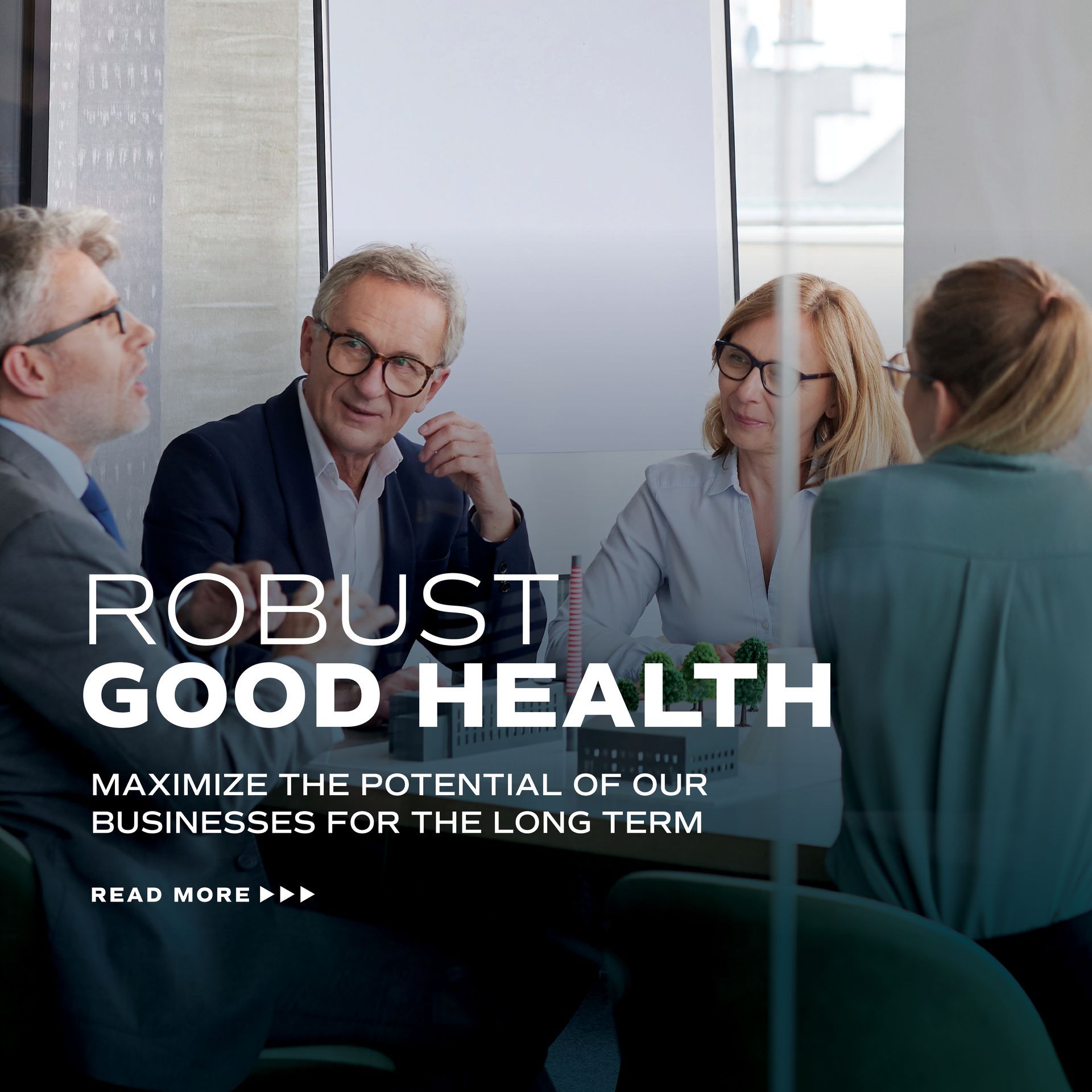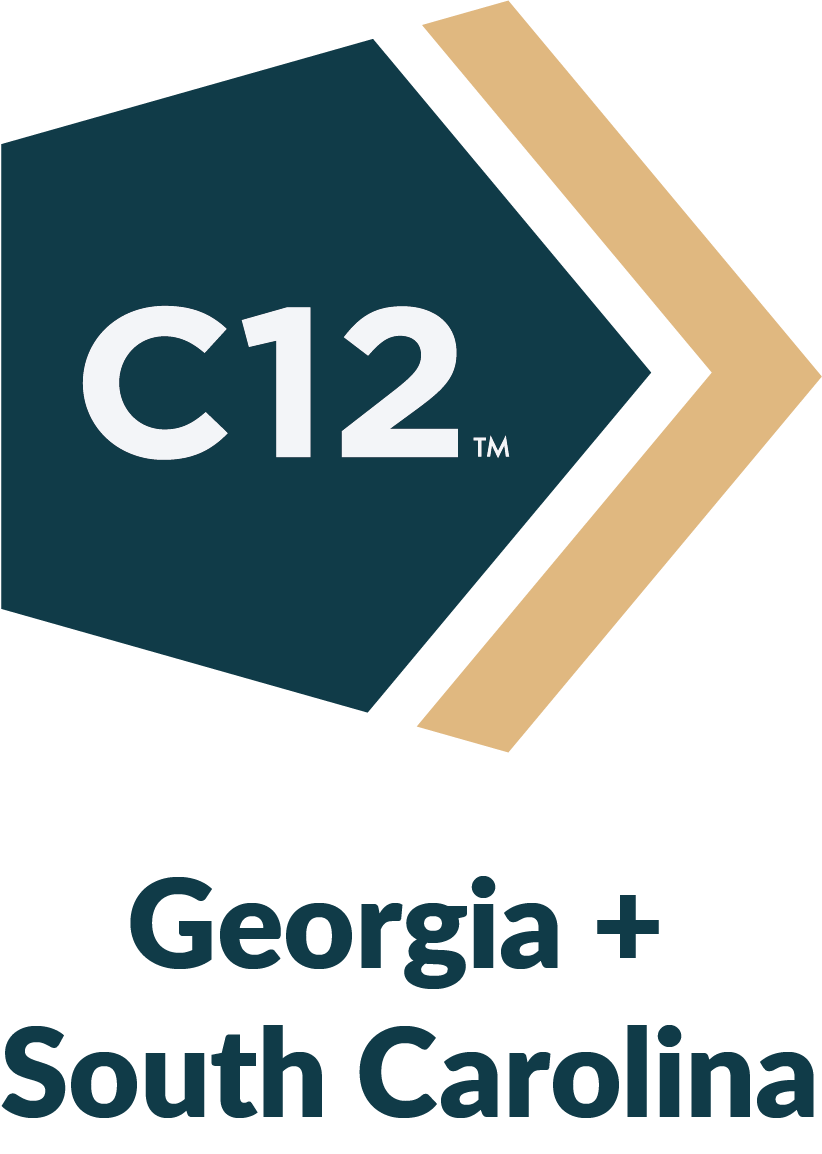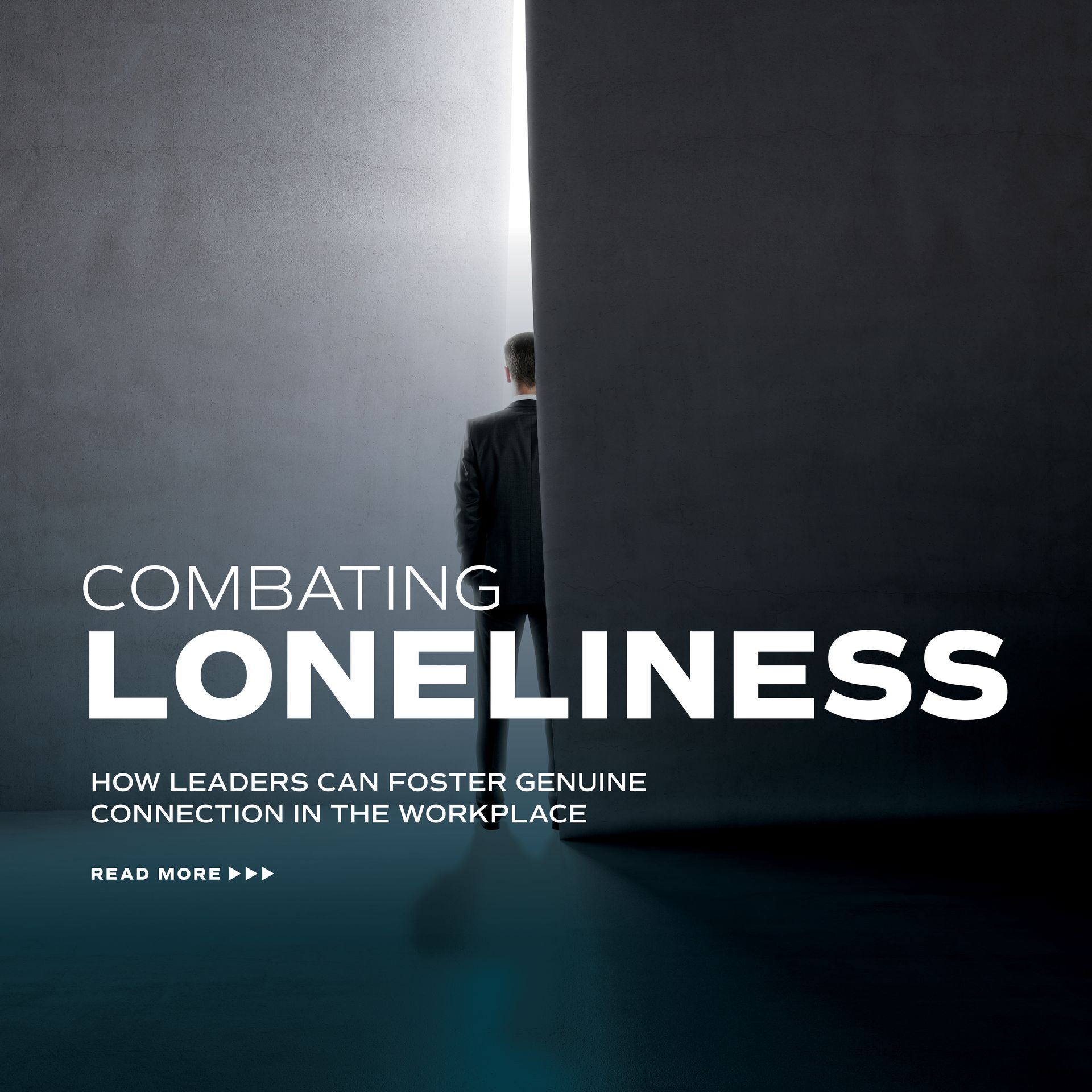CONTACT US
Crafting a Strategic Plan
A Guide for Business Leaders
In today’s business environment, a clear and well-developed strategic plan is vital for long-term success. A strategic plan aligns an organization’s mission, vision, values, and goals while paving a pathway for sustainable growth and effectiveness. This guide offers a step-by-step approach to building a strategic plan that resonates with purpose, precision, and practical steps.
1. Know Your Why: Mission, Vision, and Values
Core principles are the foundation of any effective strategic plan. They answer why your business exists, what it aims to achieve, and the guiding values that direct your operations. These principles set a framework for business goals and drive team alignment.
- Mission Statement: Clearly state what your business does and why it exists. This helps everyone in the organization understand its purpose.
- Vision Statement: Envision the future state of the business if it achieves its mission. This should inspire and provide a long-term focus.
- Core Values: Outline the behaviors that will drive the organization forward. These values guide the company culture and shape decision-making at every level.
As Forbes explains, “Strategic planning allows organizations to focus their resources on the areas that drive results, ensuring alignment with their mission and long-term objectives” (Forbes Coaches Council).
2. Look Back: Reviewing Past Performance
Before planning for the future, it’s essential to evaluate past performance to identify strengths and areas for improvement. This reflective phase provides a foundation for setting realistic and informed goals.
Harvard Business Review suggests that leaders should ask critical questions such as, "What must we prioritize in the next year?" to understand past performance better and guide future strategies (Harvard Business Review).
3. Look Ahead: Setting a Three-to-Five-Year Strategic Vision
A forward-looking phase transforms the insights gathered from previous steps into actionable objectives and plans. Define a clear, medium-range vision and set goals to drive growth and development over the next three to five years.
Execution: Moving from Plan to Action
A strategic plan is only as effective as its implementation. Transitioning from planning to execution requires intentional follow-through. Leaders can benefit from using tools such as C12's Strategic Planning Guide, which organizes the process into a five-step annual framework ideal for both novice and veteran planners. You can download the guide for free here.
Here, you can hear from one South Carolina business leader, Robert Etheridge, President of
Mixon Seed Service, on how this resource, along with the advice from other like-minded peers, greatly improved his company’s process and strategy development, leading to measurable results.
Conclusion: Strategic Planning as Stewardship
Strategic planning is an ongoing process of stewardship. When leaders align their goals with a higher purpose and maintain a flexible yet committed approach, their plans can yield lasting impact. As noted in Harvard Business Review, effective strategy involves regularly revisiting key questions to ensure focus and adaptability (Harvard Business Review).
By embracing tools and frameworks such as those offered by
C12, leaders can unlock the full potential of their strategic planning efforts and create a meaningful, lasting impact.











